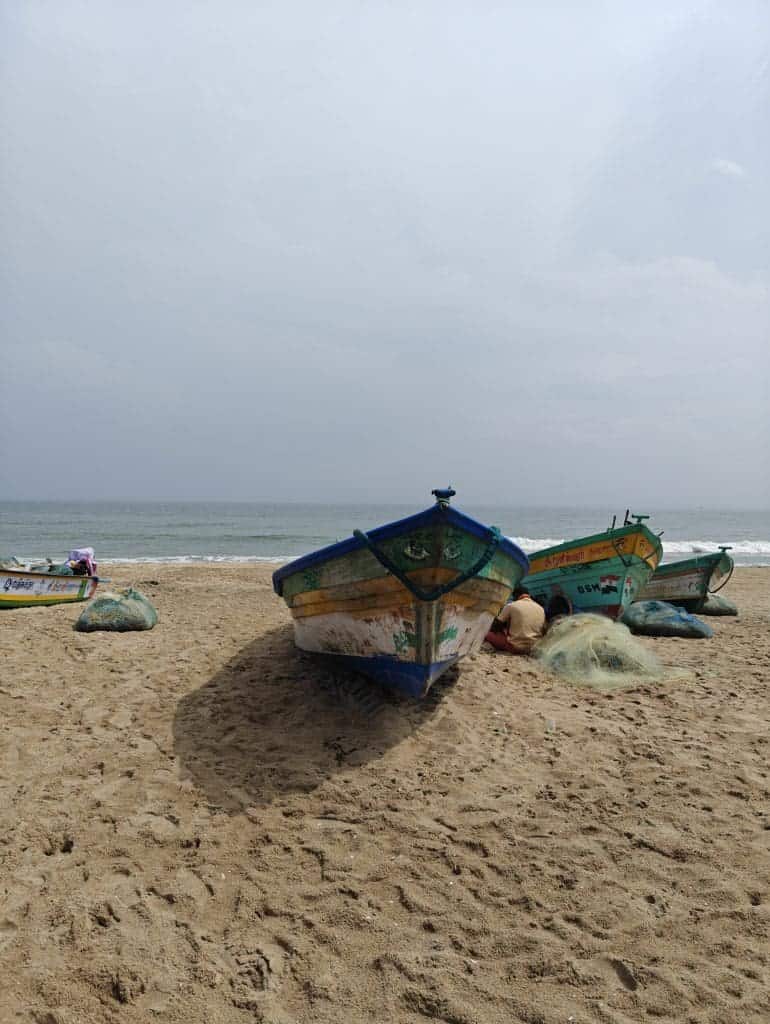“Unveiling the Peaceful Charms of Lakes in Egypt
Related Articles Unveiling the Peaceful Charms of Lakes in Egypt
- Discover The Most Unique Islands Of Egypt: A Journey Beyond The Nile
- A Journey To The Amazing Castles Of Mexico: Unveiling History, Architecture, And Enchantment
- Discover The Most Historic Rivers Of Germany
- Discover The Most Scenic Forests Of Brazil: A Journey Through Emerald Canopies
- Italy’s Best Kept Secrets: Unique Desserts
Introduction
On this special occasion, we are happy to review interesting topics related to Unveiling the Peaceful Charms of Lakes in Egypt. Come on knit interesting information and provide new insights to readers.
Unveiling the Peaceful Charms of Lakes in Egypt

Often envisioned as a land of arid deserts and colossal pyramids, Egypt holds secrets beyond the iconic images that dominate the popular imagination. Nestled amidst the golden sands and the bustling Nile River, a collection of serene lakes offers a tranquil contrast, revealing a different facet of this ancient land. These lakes, both natural and man-made, are not just bodies of water; they are ecosystems teeming with life, havens for migratory birds, sources of livelihood for local communities, and, above all, places of unparalleled beauty and peace.
A Tapestry of Aquatic Wonders
The lakes of Egypt present a diverse range of landscapes, each with its unique charm and ecological significance. From the vast expanse of Lake Nasser, one of the largest artificial lakes in the world, to the saline waters of the Northern Lakes bordering the Mediterranean, these aquatic environments contribute significantly to Egypt’s biodiversity and environmental balance.
Lake Nasser: A Monumental Reservoir
Created by the construction of the Aswan High Dam in the 1960s, Lake Nasser is a colossal reservoir that stretches across the southern border of Egypt into Sudan, where it is known as Lake Nubia. This massive body of water serves as a crucial source of hydroelectric power and irrigation for Egypt.
Beyond its functional importance, Lake Nasser is a destination of remarkable beauty. Its clear, deep waters reflect the stark desert landscape, creating breathtaking vistas, especially at sunrise and sunset. The lake is dotted with islands, some of which are home to ancient temples and archaeological sites that were relocated to higher ground before the lake was filled.
Fishing is a major activity on Lake Nasser, supporting local communities with a valuable source of protein and income. The lake is also a habitat for a variety of fish species, including the Nile perch, tigerfish, and tilapia. Birdwatchers will find Lake Nasser a rewarding destination, as it attracts numerous migratory birds, especially during the winter months.
The Northern Lakes: Coastal Lagoons of Life
Along Egypt’s Mediterranean coastline, a series of brackish to saline lakes, collectively known as the Northern Lakes, form a vital ecological corridor. These lakes – Manzala, Burullus, Edku, and Maryut – are separated from the sea by narrow sandbars and are connected to it through a series of channels.
These lakes are havens for biodiversity, supporting a rich variety of plant and animal life. They are particularly important as wintering grounds for millions of migratory birds that travel from Europe and Asia to escape the cold. The lakes’ shallow waters and abundant vegetation provide food and shelter for these birds, making them critical stopover points in their long journeys.
Fishing is a traditional activity in the Northern Lakes, with local communities relying on the lakes for their livelihoods. The lakes also play a role in regulating the local climate and preventing saltwater intrusion into agricultural lands.
Lake Qarun: An Ancient Oasis
Located in the Fayoum Oasis, southwest of Cairo, Lake Qarun is a saltwater lake that has existed since ancient times. Fed by agricultural drainage water, the lake is a vital resource for the Fayoum region, supporting agriculture and fishing.
Lake Qarun is also a popular destination for recreation and tourism. Its shores are lined with resorts and hotels, offering visitors a chance to relax and enjoy the lake’s tranquil atmosphere. Birdwatching is a popular activity, as the lake attracts a variety of migratory and resident birds.
Wadi El Rayan Lakes: Desert Gems
In the heart of the Western Desert, the Wadi El Rayan Protected Area is home to two interconnected saltwater lakes, created in the 1970s by diverting agricultural drainage water from the Fayoum Oasis. These lakes have transformed a once-barren desert landscape into a thriving ecosystem.
The Wadi El Rayan Lakes are surrounded by stunning desert scenery, including sand dunes, waterfalls, and springs. The lakes are home to a variety of fish species, as well as birds, reptiles, and mammals. The area is a popular destination for ecotourism, offering opportunities for hiking, camping, and wildlife watching.
The Significance of Lakes in Egyptian Culture and Economy
The lakes of Egypt are not just natural features; they are integral to the country’s culture, economy, and environment. They provide essential resources for agriculture, fishing, and tourism, supporting the livelihoods of millions of Egyptians.
- Agriculture: Lakes serve as reservoirs for irrigation water, allowing farmers to cultivate crops in arid regions.
- Fishing: Lakes are a source of fish, providing a valuable source of protein and income for local communities.
- Tourism: Lakes attract tourists from around the world, boosting the local economy and providing employment opportunities.
- Biodiversity: Lakes are havens for a variety of plant and animal life, contributing to Egypt’s biodiversity and environmental balance.
Challenges and Conservation Efforts
Despite their importance, the lakes of Egypt face a number of challenges, including pollution, water scarcity, and habitat degradation. Agricultural runoff, industrial waste, and untreated sewage can pollute the lakes, harming aquatic life and threatening human health.
Water scarcity is a growing problem in Egypt, and the lakes are particularly vulnerable to the effects of climate change and increasing demand for water. Habitat degradation, caused by overfishing, unsustainable tourism, and land reclamation, can also threaten the ecological integrity of the lakes.
In response to these challenges, a number of conservation efforts are underway to protect and restore the lakes of Egypt. These efforts include:
- Pollution control: Implementing stricter regulations on industrial and agricultural pollution.
- Water management: Promoting sustainable water use practices and investing in water conservation technologies.
- Habitat restoration: Restoring degraded habitats and protecting critical ecosystems.
- Ecotourism: Promoting responsible tourism that benefits local communities and protects the environment.
- Community involvement: Engaging local communities in conservation efforts and empowering them to manage their resources sustainably.
A Call to Discover and Protect
The lakes of Egypt offer a peaceful escape from the hustle and bustle of modern life, inviting visitors to connect with nature and experience the beauty of the desert landscape. Whether it’s cruising on the vast expanse of Lake Nasser, birdwatching in the Northern Lakes, or hiking through the desert scenery of Wadi El Rayan, the lakes of Egypt offer something for everyone.
As we unveil the peaceful charms of these aquatic wonders, it is crucial to recognize the importance of protecting them for future generations. By supporting conservation efforts, promoting sustainable tourism, and raising awareness about the challenges facing these ecosystems, we can help ensure that the lakes of Egypt continue to thrive as havens of peace, beauty, and biodiversity.
In conclusion, the lakes of Egypt are more than just bodies of water; they are vital ecosystems, cultural landmarks, and economic engines. Their serene beauty and ecological significance offer a unique perspective on Egypt, one that complements the iconic images of pyramids and pharaohs. By understanding their importance and supporting conservation efforts, we can help preserve these aquatic treasures for the benefit of both present and future generations, ensuring that the peaceful charms of the lakes of Egypt continue to enchant and inspire.



One thought on “Unveiling The Peaceful Charms Of Lakes In Egypt”